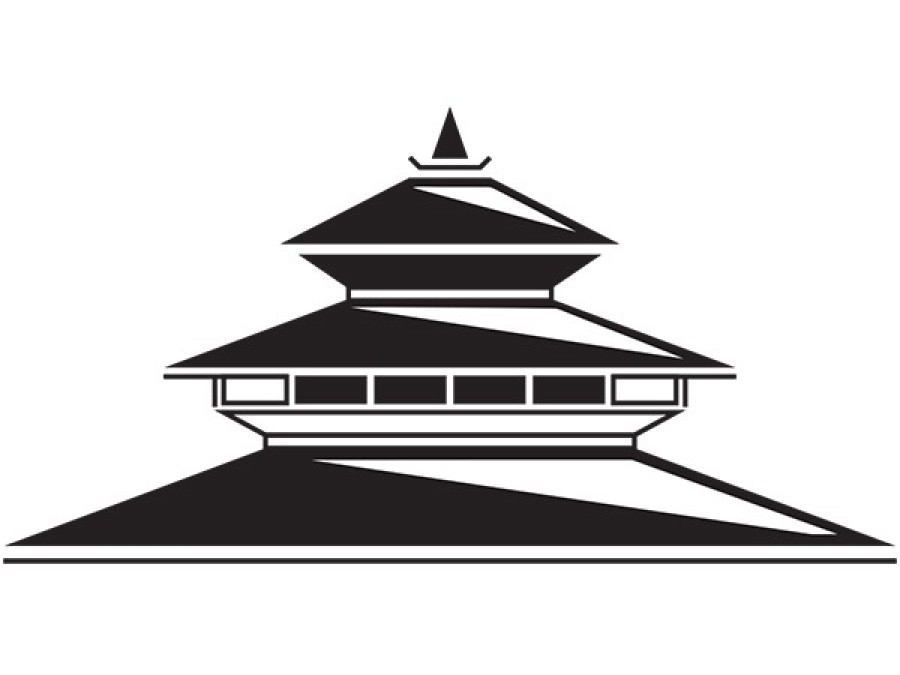Editorial
Let go
NCP should be ready to share key positions in Parliament with NC
After campaigning on behalf of Dr Govinda KC for much of the past month, the opposition, Nepali Congress (NC), now has a new agenda. NC leaders are now saying that the fact that both the position of speaker and deputy speaker in the House of Representatives as well as in six out of seven provinces belongs to the Nepal Communist Party (NCP) violates constitutional provisions. And indeed the constitution does state that the positions of speaker and deputy speaker, in the HoR as well as in the provincial assemblies, have to belong to separate parties.
On the surface, this looks like a somewhat trivial issue. However, such issues of formal procedure do have a significant impact upon the democratic process. There is a reason why the constitution states that these two positions need to be held from representatives of different parties. In a democracy, the opposition needs to have a fair say in the affairs of the state. There are diverse groups in society, and there need to be safeguards for them to protect their interests and voices. Even if a single party has a very large mandate, if it is allowed to completely dictate policy, this will lead to majoritarianism. Doubtless, it was with such a view in mind that the drafters of the constitution inserted provisions stating that the positions of speaker and deputy speaker need to belong to separate parties.
Leaders from the Nepal Communist Party (NCP) argue that the NC’s position does not hold water since the speaker and deputy speakers in the HoR as provincial assemblies belonged to separate parties—the UML and the Maoists—at the time they were appointed. They say that the issue is now moot since they have left their original parties. The NCP’s argument, however, is a very weak one. For, the Act related to the Political Parties states that if people vacate their political parties, they will also have to vacate the positions that they held in government. Clearly, this has not happened. Furthermore, whatever might be the case in the past, the fact of the matter is that the former UML and Maoists are now united in a single party. And the constitution clearly prohibits members from a single party from taking on the positions of both speaker and deputy speaker.
Whatever the technicalities, the fact is that the former UML and Maoists have merged and now share common interests. They represent the same sections of the population and are united against the opposition. For example, both former Maoists and UML members were united in their position during the recent protests over the medical education bill. If the NCP is indeed committed to the constitution and to preserving democracy, it should begin negotiations to share key positions in Parliament with the NC and other smaller parties.




 9.6°C Kathmandu
9.6°C Kathmandu














